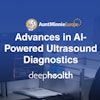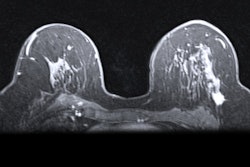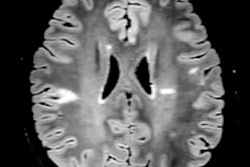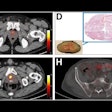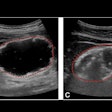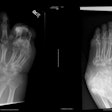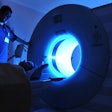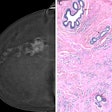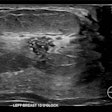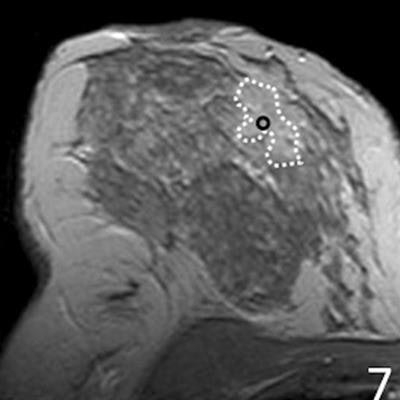
The diagnostic performance of abbreviated MRI was comparable to the full protocol in a systematic review presented as a virtual poster at the International Society for Magnetic Resonance in Medicine (ISMRM) annual meeting.
The review included more than a dozen studies evaluating the sensitivity and specificity of an MRI protocol that only used one precontrast image and one postcontrast image, helping to reduce scan time and cost. This shorter, abbreviated-protocol MRI (ABB-MRI) performed the same as a full-protocol MRI (FDP-MRI), suggesting it can be used for diagnostic imaging.
"This is the first study to systematically compare the diagnostic performances of ABB-MRI and FDP-MRI through a meta-analysis," wrote the poster authors, led by Gabrielle Baxter, a radiology doctoral student at the University of Cambridge School of Clinical Medicine in the U.K.
MRI has become increasingly popular as an adjunct imaging method for patients with abnormal mammography or ultrasound findings. While MRI has excellent sensitivity and specificity, a full MRI protocol requires long patient time slots and is more expensive than other imaging methods.
Because abbreviated MRI limits the number of images, it has been proposed as a time-saving and cost-effective alternative to full MRI protocols. Early research has shown that abbreviated protocols perform comparably to full MRI, but no prior systematic meta-analyses had been conducted on the topic, according to the authors.
For their review, Baxter and colleagues searched the scientific literature for studies published in English through 19 July that evaluated abbreviated and full protocol MRI for breast imaging. They found 13 eligible studies -- five with a general screening population and eight with an enriched patient cohort. The studies included 602 detected cancers from 4,020 total patients.
| Performance of breast MRI with an abbreviated and full protocol | ||||
| Study cohort | Protocol | Sensitivity | Specificity | Area under the curve |
| Screening | Full | 92% | 95% | 0.97 |
| Abbreviated | 90% | 92% | 0.94 | |
| Enriched | Full | 93% | 84% | 0.95 |
| Abbreviated | 93% | 83% | 0.94 | |
The sensitivity, specificity, and area under the curve were not significantly different for patients who underwent the abbreviated and full MRI protocols. Furthermore, the diagnostic performance of abbreviated MRI was equivalent to the full protocol for patients in the enriched cohort, demonstrating the shorter protocol's strength as an adjunct method diagnostic imaging.
"For patients that require adjunct MRI imaging due to a suspicious mammogram or ultrasound examination, an abbreviated protocol can provide equivalent diagnostic accuracy," the authors wrote.
The authors cautioned the review had a low number of studies, and as a result, they could not conduct a heterogeneity analysis for all groups. Nevertheless, they thought the results look promising for using abbreviated MRI for breast imaging.
"ABB-MRI and FDP-MRI achieve comparable diagnostic accuracy in screening studies and an equivalent diagnostic accuracy in enriched cohorts, though the number of studies to date is limited," the authors concluded.


